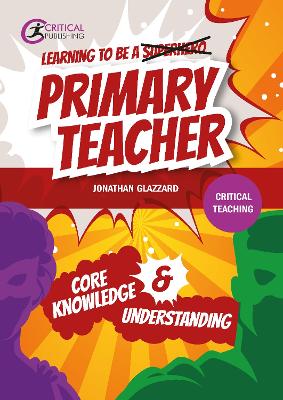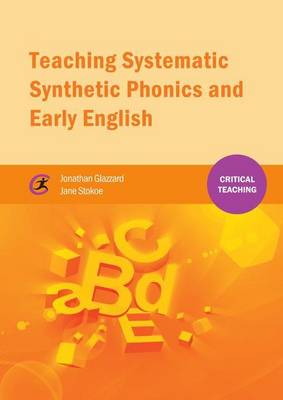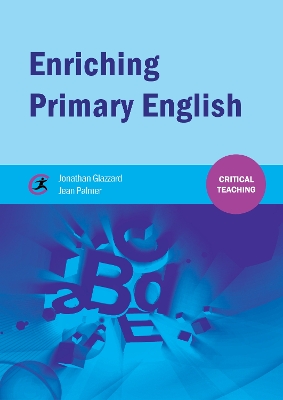Critical Teaching
3 total works
Learning to be a primary teacher is a bit like becoming a superhero!
It's not impossible, but it takes hard work and dedication to become that heroic individual, looked up to by the whole class, who is able to simultaneously be fun, creative, responsive to a range of different needs and who knows everything about all subjects! So to harness and develop your inner powers look no further than this essential core text. It will ensure you are fully equipped to:
tackle planning and assessment with easewin the fight against poor behaviourovercome your worries about subject knowledgechallenge and apply theory and researchbuild your emotional strength and resiliencestand tall as a professionaland most importantly, protect and nurture the children in your care.
Teaching Systematic Synthetic Phonics and Early English
by Jonathan Glazzard and Jane Stokoe
This essential text provides ideas for trainees and teachers to extend both their own teaching and their pupils' learning in primary English through creative approaches and enrichment strategies to promote best practice and outstanding teaching. The book is accessible to all levels of experience and combines theory with practice throughout, delivering the required subject knowledge while encouraging innovative approaches that demand critical reflection. It looks closely at how young children learn to read and write and how practitioners can enable this development through creative ideas.
The book begins with an exploration of the development of speaking and listening skills which form the foundation of successful literacy. Chapters then cover all the key elements of the new curriculum including word reading, reading comprehension, transcription and composition, plus additional material on drama and reading for pleasure. Throughout the book there is a clear progression from KS1 to KS2 and a focus on creativity as a vital ingredient in successful English teaching.


